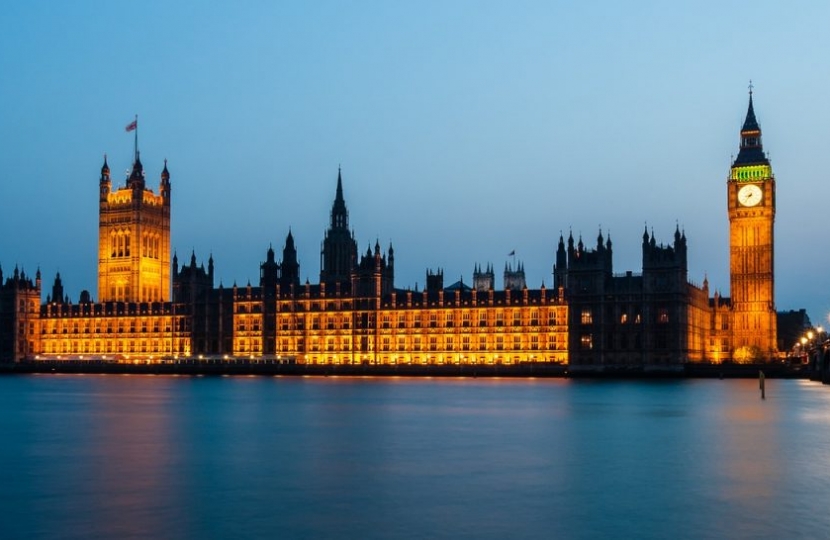
FOOD STANDARDS
January 2021
Thank you for contacting me about the Trade Bill and food standards.
The manifesto on which I stood and was re-elected in December 2019 was clear that, in all our trade negotiations, we will not compromise on our high environmental protection, animal welfare and food standards. You will know that the EU Withdrawal Act has transferred all existing EU food safety provisions, including existing import requirements, onto the UK statute book.
Insofar as new trade deals are concerned, it is important to make the distinction between the Government’s future trade agreements programme and the Trade Bill. The Bill’s functions are largely distinct from the Government’s future trade agreements programme, and the process of negotiating future trade deals is not primarily a matter for the Bill. It is however an important piece of legislation which has a number of practical functions, including the transitioning of EU trade agreements with other countries from which we benefitted when a Member State.
Although future trade agreements are therefore outside the scope of the Trade Bill, the Government has made a clear and absolute commitment to uphold the UK’s high animal welfare, environmental, food safety and food import standards in future free trade agreements. The UK does however need the freedom to negotiate deals on a case-by-case basis and imposing an outright blanket ban on imports that do not meet UK production standards is not the right way to support our farmers. This would be unprecedented in global trading.
That does not rule out comprehensive scrutiny and I agree that Parliament has a key role to play in scrutinising trade policy. The Government has extended the remit of the Trade and Agriculture Commission and will place it on a full statutory footing in the Trade Bill, giving farmers a stronger voice in UK trade policy. The Commission will produce a report to be laid in Parliament on the impact on animal welfare and agriculture of each new free trade deal signed after the end of the transition period. This will allow Parliamentarians access to independent and expert advice when reviewing the impact of each trade deal.
The Government has also amended the Agriculture Act to bolster Parliamentary scrutiny of free trade agreements. Its amendment will place a duty on the Government to report to Parliament on whether, or to what extent, commitments in new free trade deals relating to agricultural goods are consistent with maintaining UK levels of statutory protection in relation to human, animal and plant life and health; animal welfare; and environmental protection.
The UK’s food standards for both domestic production and imports are overseen the by the Food Standards Agency and Food Standards Scotland. They will continue to provide advice to the UK and Scottish governments in order to ensure that all food imports comply with the UK’s high safety standards.
Finally therefore, without exception, all animal products imported into the UK under existing or future free trade agreements from all trading partners, including the EU and others, will have to meet our stringent food safety standards, as they do now. The UK’s independent food regulators will continue making sure that all food imports into the UK comply with those high standards.
Thank you for contacting me.
